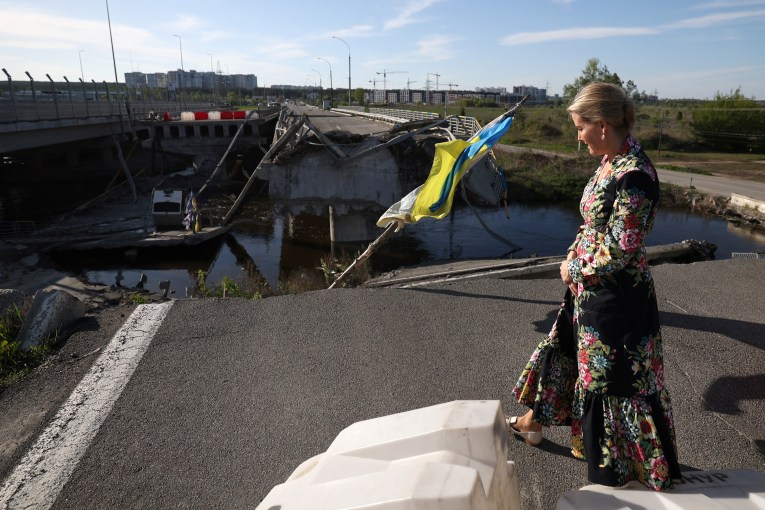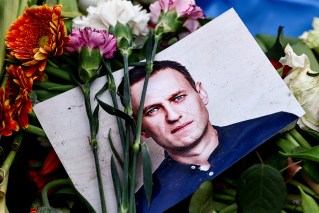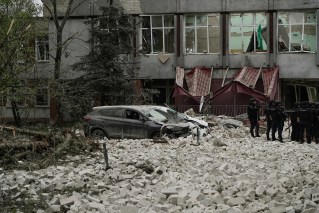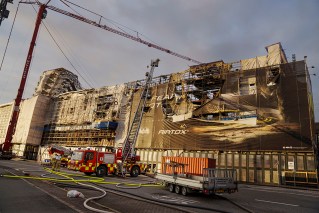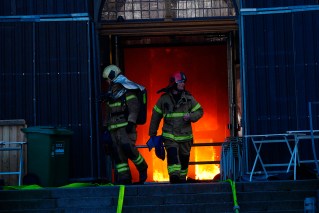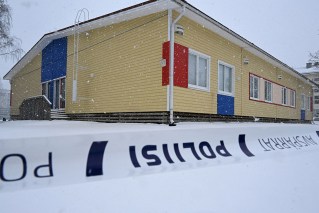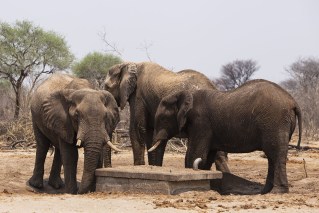Russia declares partial ceasefire for humanitarian corridors out of the Ukrainian cities
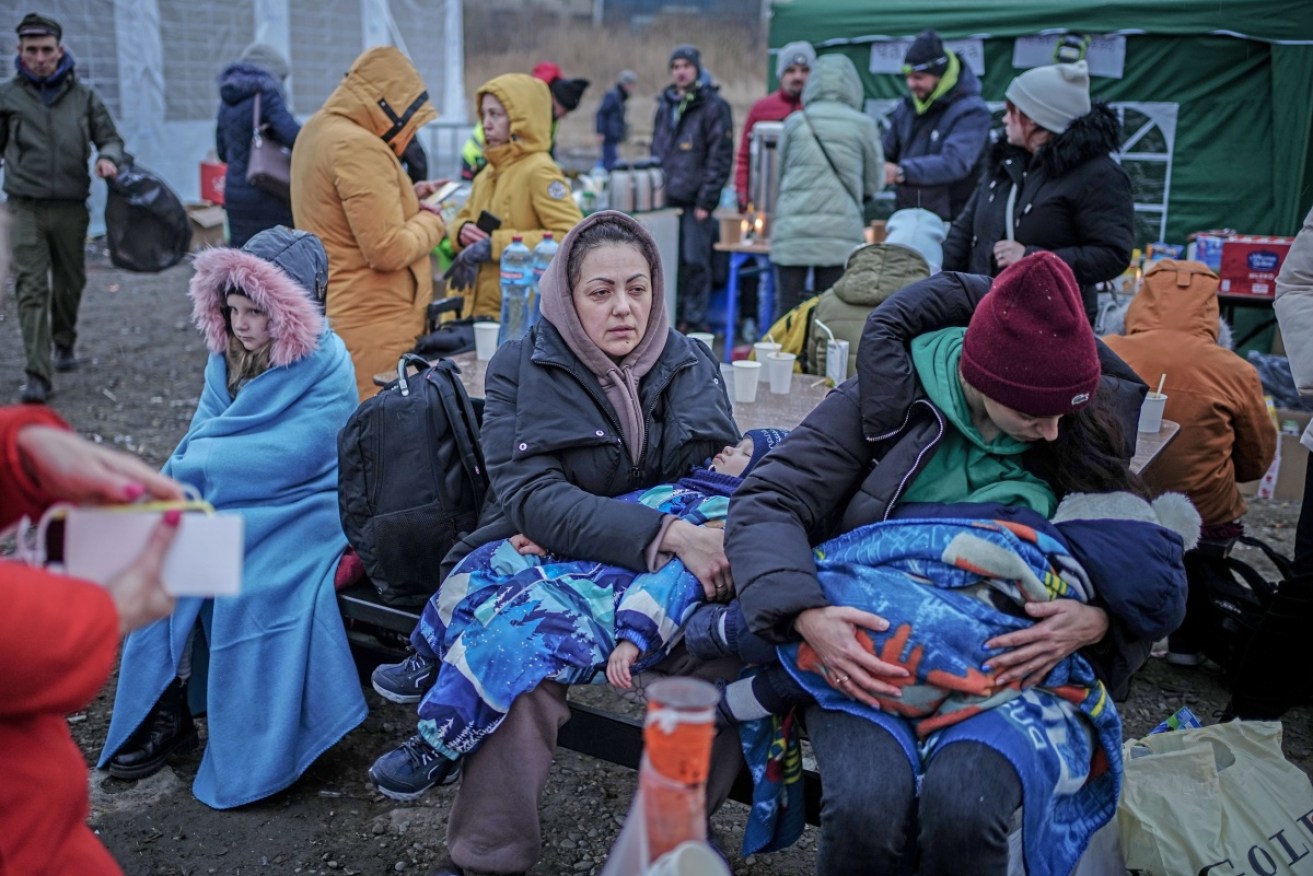
Ten days of fighting in Ukraine has created more than a million refugees. Photo: Getty
Russia has declared a partial ceasefire to allow humanitarian corridors out of the Ukrainian cities of Mariupol and Volnovakha, the Kremlin’s defence ministry says.
“From 10am Moscow time (6pm AEDT), the Russian side declares a ceasefire and the opening of humanitarian corridors to allow civilians to leave Mariupol and Volnovakha,” Russian news agencies quoted the defence ministry as saying.
Earlier in the day, Russia blocked Facebook and some other websites and passed a law to allow much stronger powers to crack down on independent journalism, prompting the BBC, Bloomberg and other foreign media to suspend reporting in the country.
Ten days of fighting in Ukraine has created more than a million refugees, a barrage of sanctions that are increasingly isolating Moscow, and fears in the West of a wider global conflict that has been unthought-of for decades.
Moscow says its invasion is a “special operation” to capture individuals it regards as dangerous nationalists, and has denied targeting civilians.
Ukraine says Russian forces have focused efforts on encircling Kyiv and Kharkiv, the country’s second-biggest city, while aiming to establish a land bridge to Crimea.
Kyiv, in the path of a Russian armoured column that has been stalled outside the Ukrainian capital for days, came under renewed assault, with explosions audible from the city centre.
Russian forces have also encircled and shelled the strategic southeastern port city of Mariupol. There is no water, heat or electricity and food is running out, according to Mayor Vadym Boychenko.
“We are simply being destroyed,” he said.
President Vladimir Putin’s actions have drawn almost universal condemnation, and many countries have imposed heavy sanctions.
Fighting back in the information war, Russia’s parliament on Friday passed a law imposing a prison term of up to 15 years for spreading intentionally ‘fake’ news about the military.
“This law will force punishment – and very tough punishment – on those who lied and made statements which discredited our armed forces,” said Vyacheslav Volodin, the chairman of the Duma, Russia’s lower house of parliament.
Russia is blocking Facebook for restricting state-backed channels, and the websites of the BBC, Germany’s Deutsche Welle and Voice of America, among others.
The US is weighing cuts to imports of Russian oil and ways to minimise the impact on global supplies and consumers as politicians fast-track a bill that would ban Russian energy imports.
Global oil prices surged more than 20 per cent this week on fears of supply shortages, posing a risk to global economic growth.
At a meeting on Friday, NATO rejected Ukraine’s appeal for no-fly zones, saying they were increasing support but that stepping in directly could make the situation worse.
“We have a responsibility … to prevent this war from escalating beyond Ukraine because that would be even more dangerous, more devastating and would cause even more human suffering,” NATO Secretary-General Jens Stoltenberg said.
Zelenskiy slammed the summit as “weak” and “confused”.
“It was clear that not everyone considers the battle for Europe’s freedom to be the number one goal,” he said.
Russian Defence Minister Sergei Shoigu on Friday told UN Secretary-General Antonio Guterres talks on peacefully ending the conflict had “not moved from the starting point”, Russia’s Tass news agency said.
More than a million people have sought refuge in western Ukraine and neighbouring countries. Thousands waited for hours on Friday outside the railway station in the western city of Lviv to board trains heading to Poland.
“All we took with us is the bare necessities,” Yana Tebyakina said. “A change of clothes. All the rest we left behind, all our lives stayed back at home.”
Friday’s attack on the Zaporizhzhia nuclear power plant, the largest in Europe, about 230km west of Mariupol, brought the conflict to a perilous point, but officials later said the facility was safe.
US ambassador to the UN Linda Thomas-Greenfield said the world had narrowly avoided a nuclear catastrophe.
Bombing has worsened in recent days in the northeast cities of Kharkiv and Chernihiv, while Ukrainian presidential adviser Oleksiy Arestovych said an advance on the southern port of Mykolayiv had been halted.
If captured, the city of 500,000 people would be the biggest yet to fall.
-AAP
